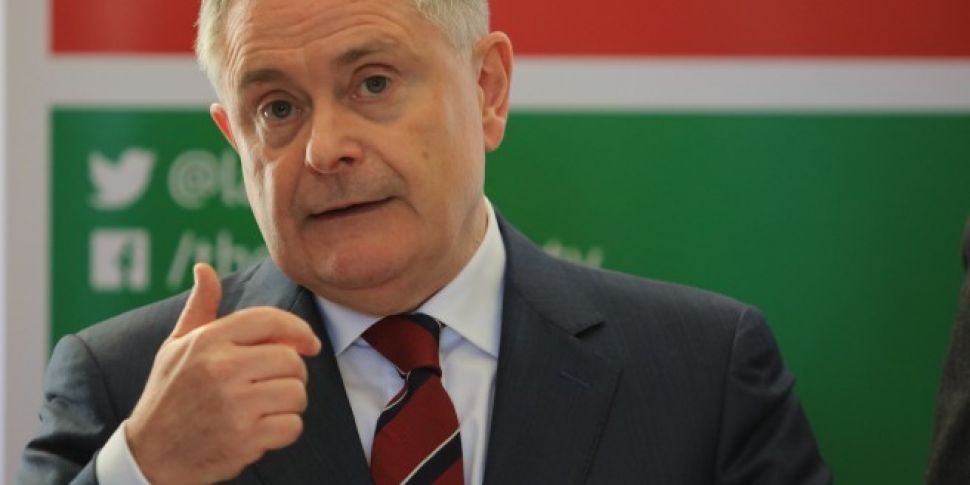A plan to criminalise revenge porn could see offenders facing a six month jail sentence.
A Labour Party bill to make sharing an intimate image without consent a criminal offence passed through its second stage of debate in the Dáil this evening.
Party leader Brendan Howlin said the Harassment, Harmful Communications and Related Offences Bill 2017 received cross party support during the debate.
Today our Harassment and Harmful Communications Bill passed in the #Dáil with cross-party support. This bill is timely and will update our harassment laws to outlaw revenge porn.
— Brendan Howlin (@BrendanHowlin) January 31, 2018
Online safety
In addition to tackling revenge porn, the bill aims to broaden the definition of harassment to include cyberstalking and cyberbullying.
It will also update the law to take new apps and technology into account.
While the laws were previously updated to include text messages, Deputy Howlin has warned that they are unfit to deal with online communication.
Speaking this afternoon, Deputy Howlin said people have a right to feel safe online:
“People communicate online through a variety of apps and social media platforms,” he said. “They are not regulated now.”
“We need to ensure that people who want to avail of those platforms can do so without harassment, bullying, intimidation and even more vile forms of intimidation.”
The bill is being debated just days after a Dublin man was jailed for using apps like Instagram and Snapchat to coerce young girls into sending him pornographic images.
The man set up fake online profiles to target victims as young as nine-years-old.
Deputy Howlin said children need to be protected online.
“I don’t think it is possible to stop technology and I don’t think any of us would want to do that,” he said.
“Or prohibit young children from accessing technology.”
“Young people are very tech-savvy; they want to use the technologies that are available and they should be encouraged and trained in that.
“But we have to then put in safeguards to ensure that they are not then subject to exploitation as they use those platforms.”
The legislation will now be debated by the Oireachtas Committee on Justice and Equality before coming back before the Dáil at a later stage.
It has a number of further stages to pass through before it becomes law.
The Minister for Justice Charlie Flanagan said the legislation was timely and appropriate adding that while the Government would not be opposing it "at this stage" he envisaged a number of amendments down the line.
The Labour Party is also one of a number of groups calling for a Digital Safety Commissioner to be put in place as quickly as possible.
The Minister for Communications is currently considering whether the post is necessary and what would be required to put it in place.









